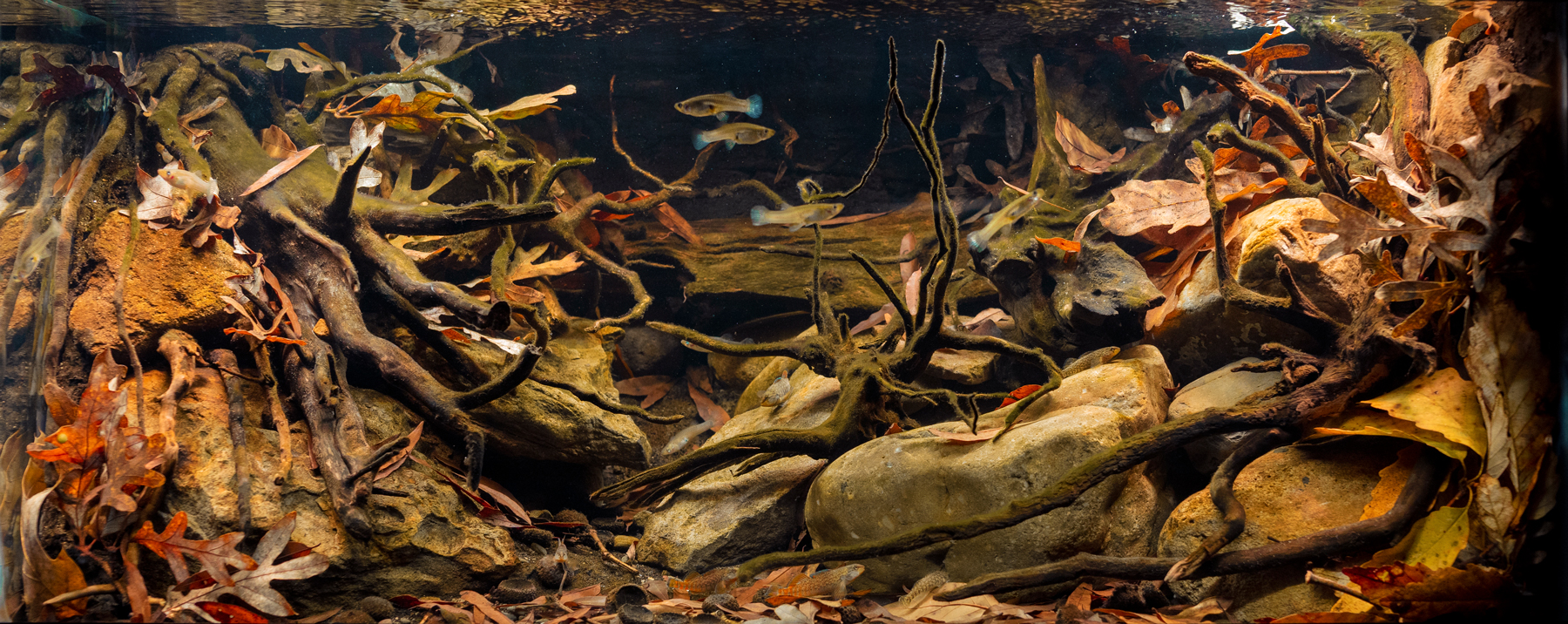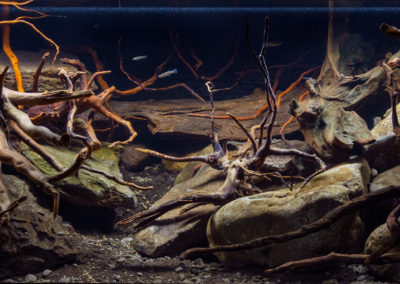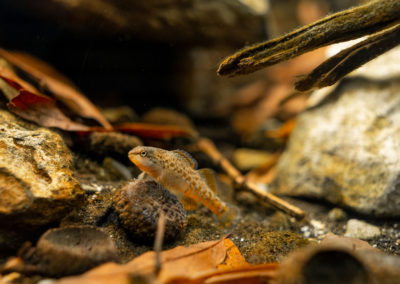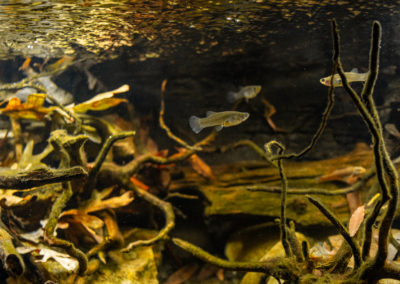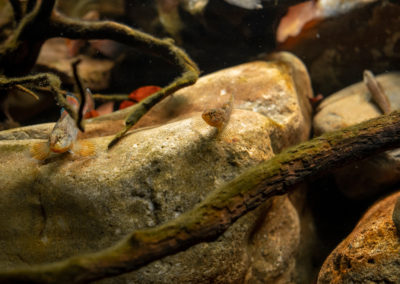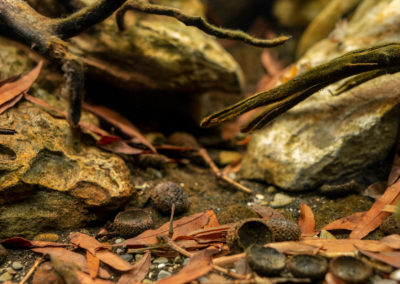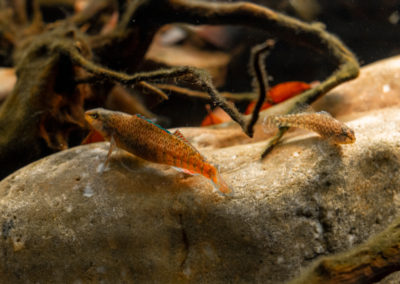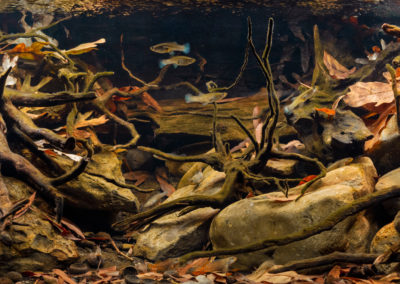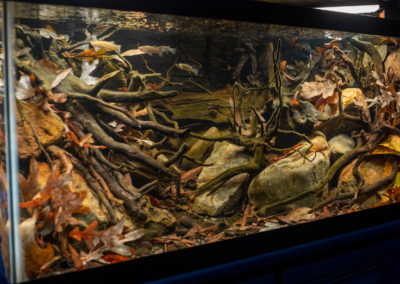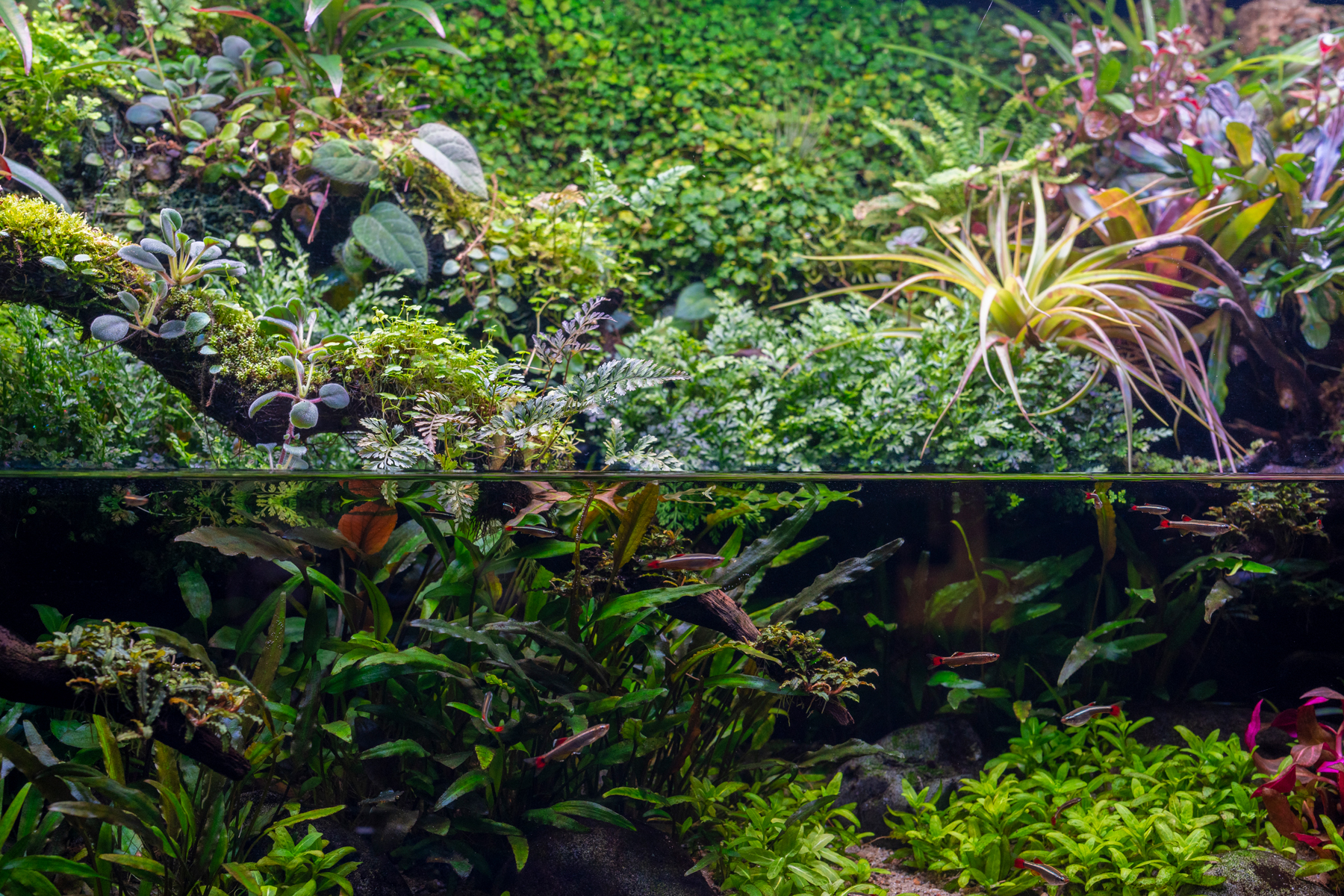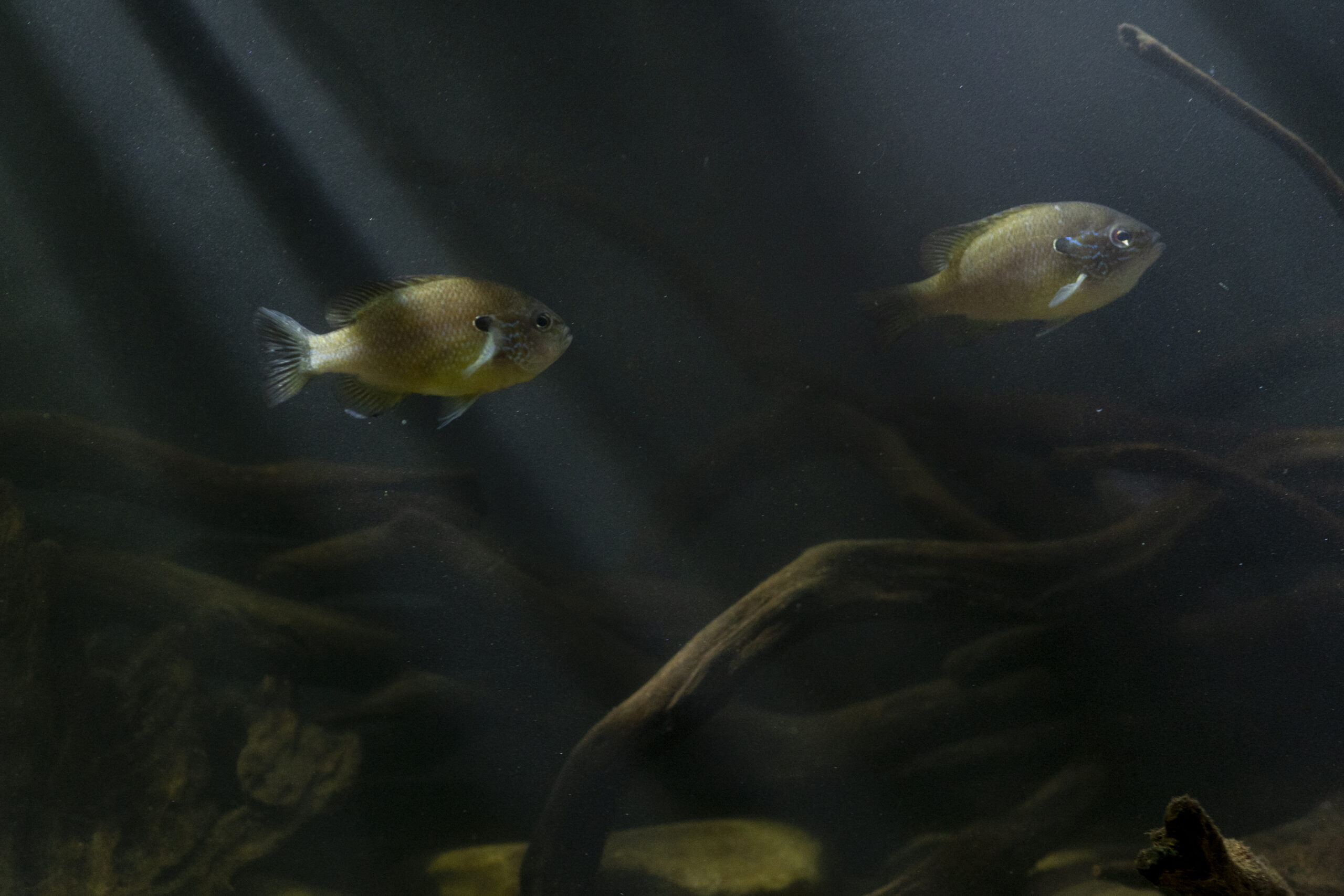Award Winning Biotope!
The 2020 Aquatic Gardeners Association International Aquascaping Contest results came out and Nick had an impressive showing, being awarded second place in the Biotope category and winning the Paludarium category. It is a great honor to place in this competition, much less win a class!
Watch the livestream here: AGA 2020 Aquascaping Contest Results Livestream
See the full contest results here: AGA Aquascaping Contest Showcase
Autumn arrives in the Minnehaha Creek, tributary of the Potomac River, Chesapeake Bay watershed
Biotope #770
This aquascape is inspired by the Minnehaha Creek, a small 1.5 mile long creek that starts in Bethesda, MD and reaches the Potomac river in Glen Echo, MD. Along its short course it runs through Glen Echo Park, a national park that is home to the Glen Echo Park Aquarium and where the tank is now on permanent display. This creek is very rocky, with erosion exposing tree roots around the rocks on the sides of the bank. In autumn the creek fills with branches and fallen leaves after seasonal storms. The stone, sand, wood and botanicals were collected in the area but not in the creek itself to avoid collection on NPS land. Spider wood roots were used to mimic the tree roots growing in the area. The fish in the tank were not collected in the Minnehaha either, but in a nearby creek. These species are common in the Potomac River as well as all tributaries upstream of Washington DC.
This tank is meant to represent the beauty of the Minnehaha in the fall and anchor it in the minds of the guests that visit the public aquarium located mere steps away, but can also be any small stream or creek in the Chesapeake Bay watershed.
Background
Expanding foam covered in a mixture of peat, crushed aquatic soil substrate and creek sand.
Lighting
Fluval 2.0 LED light
Filtration
Canister filter with plumbing incorporated into the background to be invisible
Plants
NA
Animals
Gambusia holbrooki, Etheostoma caeruleum
Dimensions
91 × 46 × 43 cm
Volume
152L
Materials
Locally collected river stone, pebbles, sand, wood, various fall leaves and branches. Spider wood to mimic roots. Substrate is native creek sand and decomposed organics.
Background
Expanding foam covered in a mixture of peat, crushed aquatic soil substrate and creek sand.
